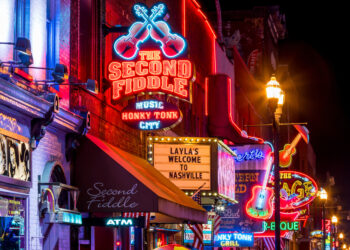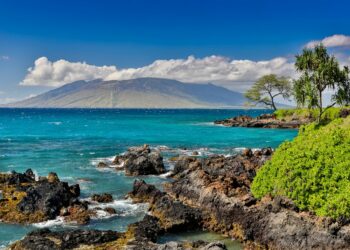Cologne
A Brief History of Cologne
Founded by the Romans in 38 BC, Cologne is one of Germany's oldest cities. Throughout its history, it has served as a vital trading hub, and its location on the Rhine River has significantly contributed to its economic and cultural growth. The city was heavily bombed during World War II, but the Cologne Cathedral, a UNESCO World Heritage site, remained intact. Today, Cologne is known for its vibrant arts scene, beautiful architecture, and the annual Cologne Carnival, one of the biggest street festivals in Europe.
FAQ for Cologne
What is the best way to get there?
Cologne is easily accessible via air, land, and water. Cologne Bonn Airport services many international and domestic flights, while the central train station, Köln Hauptbahnhof, connects to major cities across Europe.
What is Cologne famous for?
Cologne is famous for its stunning Cologne Cathedral, its vibrant arts and culture scene, the annual Cologne Carnival, and Kölsch, the local beer.
What are five interesting facts about Cologne?
1. It is home to the Cologne Cathedral, a UNESCO World Heritage Site.
2. The city is the fourth-largest in Germany.
3. Cologne's University is one of the oldest in Europe.
4. It is a major cultural centre of the Rhineland.
5. The city hosts one of Europe's largest Pride parades.
How did Cologne get its name?
The city's name, Cologne, comes from the Latin 'Colonia Claudia Ara Agrippinensium', named after the Roman Empress Agrippina. Over time, it was shortened to 'Cologne'.
What are some travel tips for Cologne?
Plan to visit during the Cologne Carnival or the Christmas Market season. Don't miss trying the local Kölsch beer and exploring the city's diverse food scene. A KölnCard can be a cost-effective way to use public transport and get discounts at various attractions.
Do I need a visa?
Whether or not you need a visa to visit Cologne depends on your nationality. Citizens of EU countries and several other countries do not need a visa for stays of up to 90 days.
When is the best time to visit Cologne?
The best time to visit Cologne is during the spring (April to June) and autumn (September to October) when the weather is pleasant. If you want to experience the famous Cologne Carnival, plan your visit in February.
Are there local customs I should know for Cologne?
Drinking: In Cologne, it's common to drink Kölsch, a local beer served in small glasses.
Greetings: A firm handshake is the standard form of greeting.
Public transit: Tickets for public transit must be validated before use.
What is the time zone for Cologne?
Cologne operates on Central European Time (CET, UTC +1) or Central European Summer Time (CEST, UTC +2) during daylight saving time.
What are the voltage/plug types?
In Cologne, the voltage is 230V and the frequency is 50Hz. The plug type is Type F (Schuko).
What is the currency?
The currency used in Cologne is the Euro (€).
Are ATMs readily accessible?
Yes, ATMs are widely available throughout the city.
Are credit cards widely accepted?
Credit cards are widely accepted in Cologne, but it's always useful to have some cash on hand.
Can you use ApplePay and Google Pay?
Yes, both ApplePay and Google Pay are accepted in many places in Cologne.
How much do I tip in Cologne?
Tipping: Service charge is usually included in your bill but it is customary to round up to the nearest euro or add a 5-10% tip.
Restaurants/bars: Round up or add a 5-10% tip.
Hotels: You can tip €1-2 per bag to porters and €3-5 per day to housekeeping.
Taxis: Round up to the nearest euro or add a 5-10% tip.
Tour guides: A tip of €2-5 per person is appreciated.
City Information
| City Founded | Population | Elevation |
|---|---|---|
| 38 BC | 1.073 million (source) | 37m |
Weather
| Season/Month | High (Celsius/Fahrenheit) | Low (Celsius/Fahrenheit) |
|---|---|---|
| Spring (Mar-May) | 15°C / 59°F | 5°C / 41°F |
| Summer (Jun-Aug) | 23°C / 73°F | 13°C / 55°F |
| Autumn (Sep-Nov) | 15°C / 59°F | 7°C / 45°F |
| Winter (Dec-Feb) | 5°C / 41°F | -1°C / 30°F |



